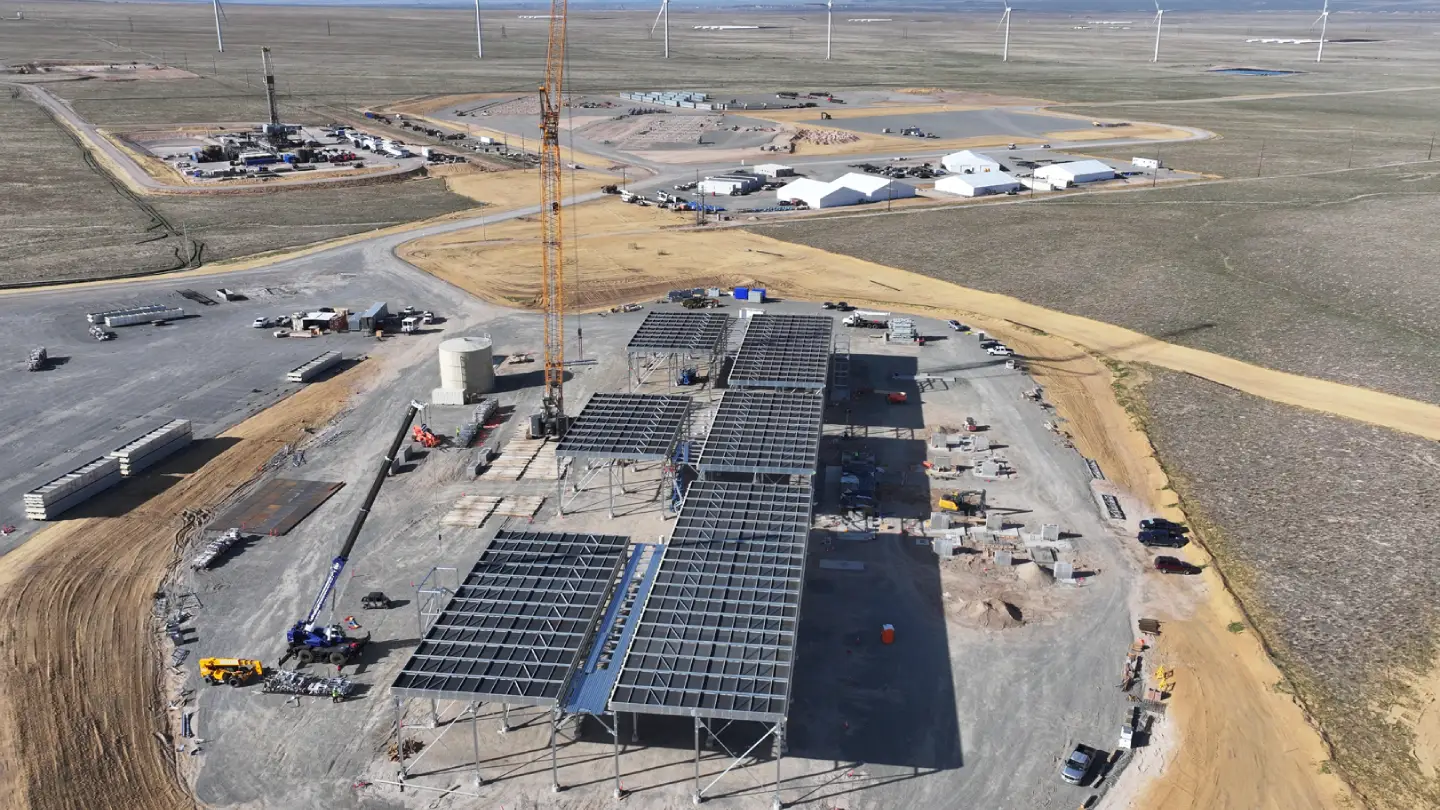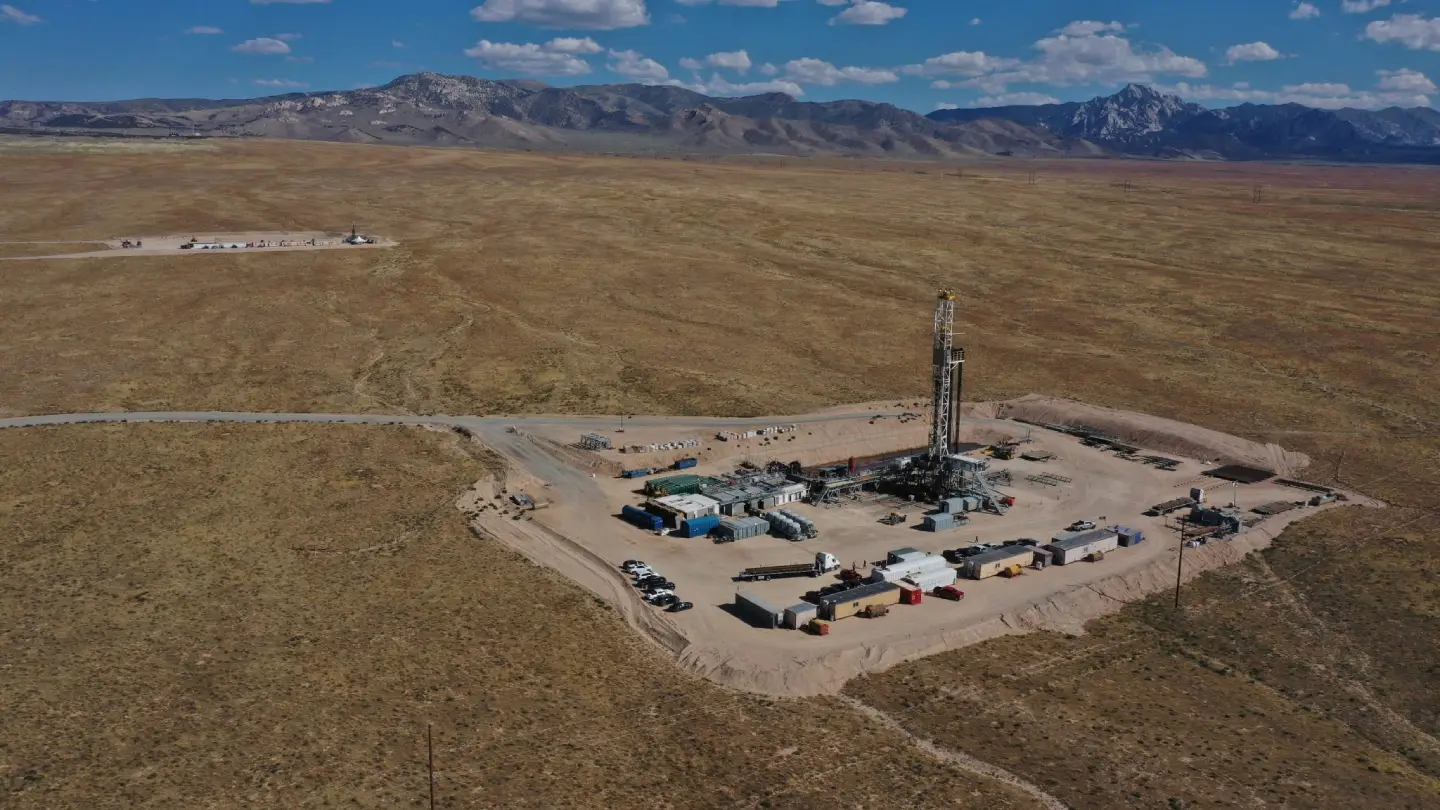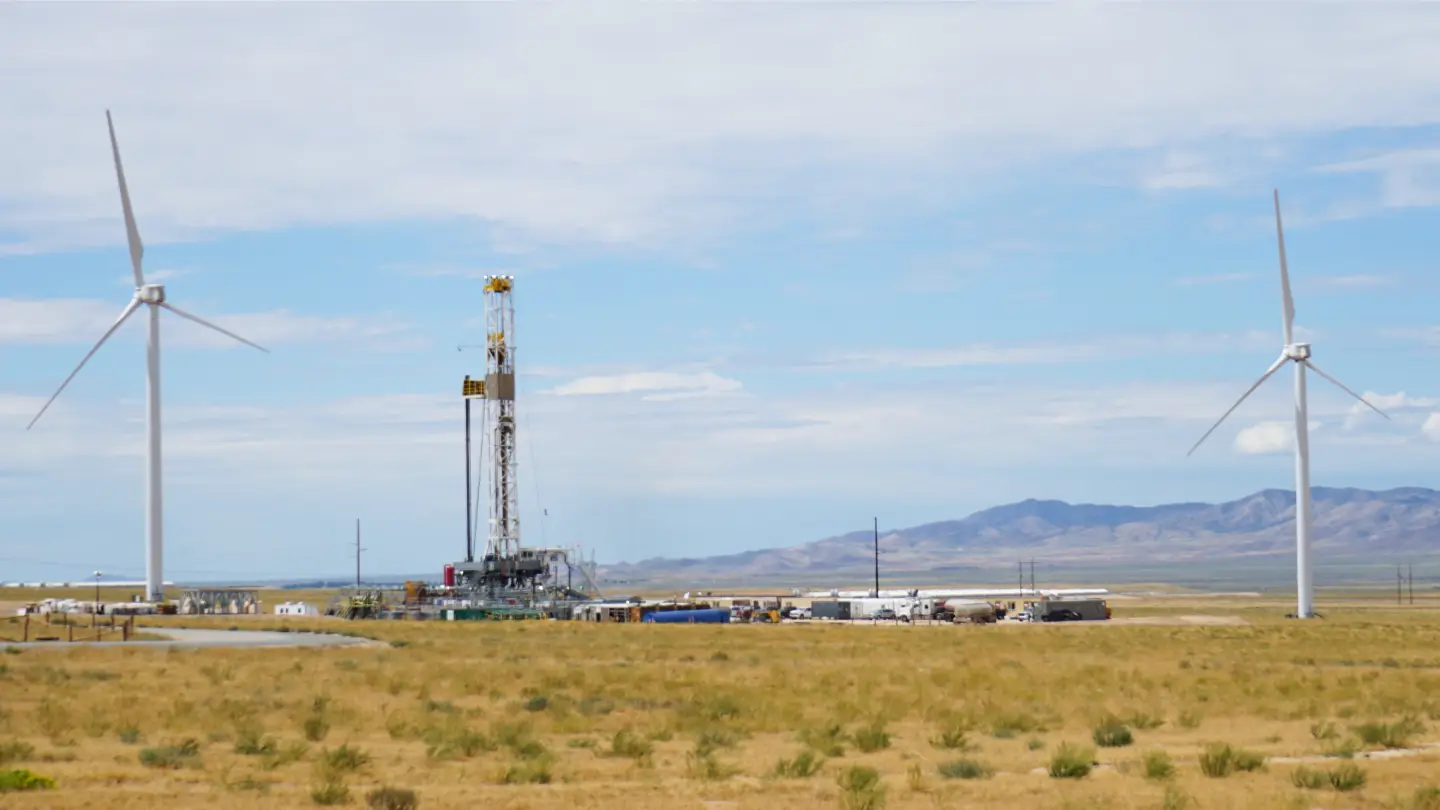The Cape Station Geothermal Project is a 500MW enhanced geothermal system (EGS) development located in Beaver County, Utah, US. The project is being developed by Fervo Energy with the goal of supplying firm geothermal power to utilities in the western US.
As an EGS initiative, Cape Station aims to use engineered subsurface systems to generate electricity in locations without naturally permeable geothermal reservoirs.
The project contributes to expanding geothermal power deployment in regions previously considered unsuitable for conventional geothermal development.
Project Location
Cape Station is classified as a large-scale enhanced geothermal project. It is situated northeast of Milford, in Beaver County, Utah. The site spans both federal lands administered by the Bureau of Land Management (BLM) and private land parcels.
The location was chosen for its geothermal gradient characteristics and accessibility to transmission corridors, facilitating grid integration.
According to the BLM Environmental Assessment, the site lies within the Escalante Valley, with proposed development covering multiple well pad clusters and linear infrastructure extending throughout the area.
Capacity and Infrastructure
The facility is designed for a generation capacity of 500MW, revised from an initial 400MW plan. It includes drilling up to 92 wells on 23 well pads, which may each support up to four production and four injection wells.
In addition to well infrastructure, Cape Station involves the construction of up to 20 modular geothermal power plants, a 25kV internal power distribution network, and a new 345kV generation tie-line.
Additional components include access roads, water pipelines, and ancillary operational facilities. According to the BLM documentation, total surface disturbance during construction is estimated at approximately 315 acres.
Cape Station Geothermal Project Development and Timeline
Drilling operations at Cape Station began in 2023. Fervo Energy has reported the completion of 15 wells to date, with successful flow testing demonstrating high commercial production potential.
Construction of above-ground infrastructure, including power generation units and transmission lines, is scheduled to occur between 2025 and 2026. Initial power delivery is targeted for 2026, with the project reaching full capacity by 2028.
The project will create 6,600 jobs during construction and 160 full-time jobs throughout its operations, generating more than $437m in earned wages.
Power Purchase Agreements
Fervo Energy has signed a 15-year power purchase agreement with Shell Energy North America for 31MW of power from Phase I of the project. This marks Shell Energy as the first contracted offtaker.
The remainder of the 500MW capacity has also been contracted through agreements with various utility-scale buyers, including entities supplying power to the California Independent System Operator (CAISO) market. These agreements provide revenue certainty for the project’s multiple phases.
Financing Details
In 2024, Fervo Energy raised $244m in a financing round led by Devon Energy. The funding supports drilling, construction, and associated project development activities.
A separate $100m bridge loan was issued by X-Caliber Rural Capital through its affiliate XRL-ALC to provide interim funding for Phase I construction.
These financial commitments represent a blend of equity and debt financing intended to cover both early-stage infrastructure and longer-term operational buildout.
Technological Details
Cape Station incorporates advanced EGS technology developed by Fervo Energy. This includes horizontal well drilling, multi-stage stimulation, and distributed fibre optic sensing, which enable the creation and monitoring of engineered geothermal reservoirs. These methods are adapted from oil and gas drilling techniques and are used to enhance subsurface permeability in geologically viable locations.
Power is generated using Organic Rankine Cycle (ORC) technology, supplied by Turboden, which allows for energy conversion from lower-temperature geothermal resources. These combined technologies are designed to expand geothermal power generation in areas without natural hydrothermal systems.
Contractors Involved
Fervo Energy is the lead developer and operator of the project, with its subsidiary, Escalante Desert Resources, responsible for construction and field management.
Turboden has been contracted to provide ORC systems for power generation.
The Bureau of Land Management is the lead regulatory body for activities occurring on federal lands, having conducted an Environmental Assessment and issued a Finding of No Significant Impact (FONSI) for the project’s production phase.





